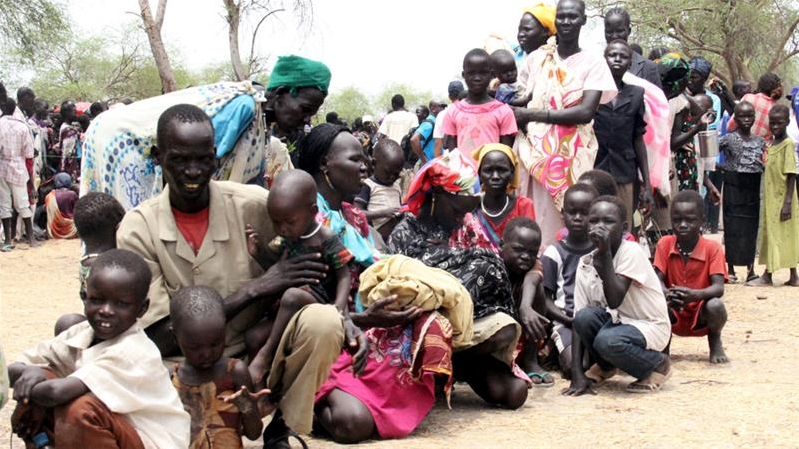
The United Nations fears that an ethnic cleansing is happening in South Sudan as the ongoing civil war is starting to claim more lives as civilians are caught in the crossfire between government and opposing forces.
United Nations Commission on Human Rights (UNHCR) head Yasmin Sooka issued a statement Thursday warning of possible severe atrocities committed against civilians emphasizing that a "stage is being set for a repeat of what happened to Rwanda." Sooka was referring to the genocide that occurred back in 1994, where 800,000 Tutsis and Hutus were killed in only three months.
Sooka released the report after a three-member commission wrapped up a 10-day study visit to South Sudan to assess the impacts of the Sudan war that has been going on for the last three years. They saw evidence of villages burned to ashes and rape used as a weapon across the war-torn country.
South Sudan President Salva Kiir, however, denied the reports saying that there is no ethnic cleansing happening in the country as a result of the Sudan war.
The Human Rights Watch, however, believes that military troops were responsible for the deaths of villains and raping Nuer women. Tensions also escalated when a rival ethnic group also targetted Dinka civilians,
More than a million residents from South Sudan are fleeing their homes to avoid the ongoing conflict between the government and insurgent forces- and the numbers continue to grow day after day.
In a report from Reuters, they estimate that there are over 4000 are crossing over Uganda to reach the closes refugee settlement Bidibidi, which now houses more than 188,000 refugees. Reports also show that there are more than 57,000 refugees in Congo and more than 36,000 in Ethiopia.
Government troops under Kiir are believed to be responsible for the atrocities, according to Charity Mandulu, when the soldiers arrived in their town of Tore Payam. Around a hundred of the soldiers, according to Mandulu, belonged to the Dinka ethnic group of President Kiir.
"They started to demand things. If you didn't give to them, they killed you," Mandulu said. She fled her home town together with her none-month-old baby and endured a treacherous walk across the border to Congo for safety. She left behind her 10-year old son in her aunt's care, to which she is anxious about getting news about her child.
UN Special Adviser on the Prevention of Genocide, points out that unless the war is stopped it could cause an ethnic genocide among the people. This can be attributed to the long-standing conflict between the Dink and Nuer tribes, whose bitter and violent rivalry for pasture lands have been documented.







